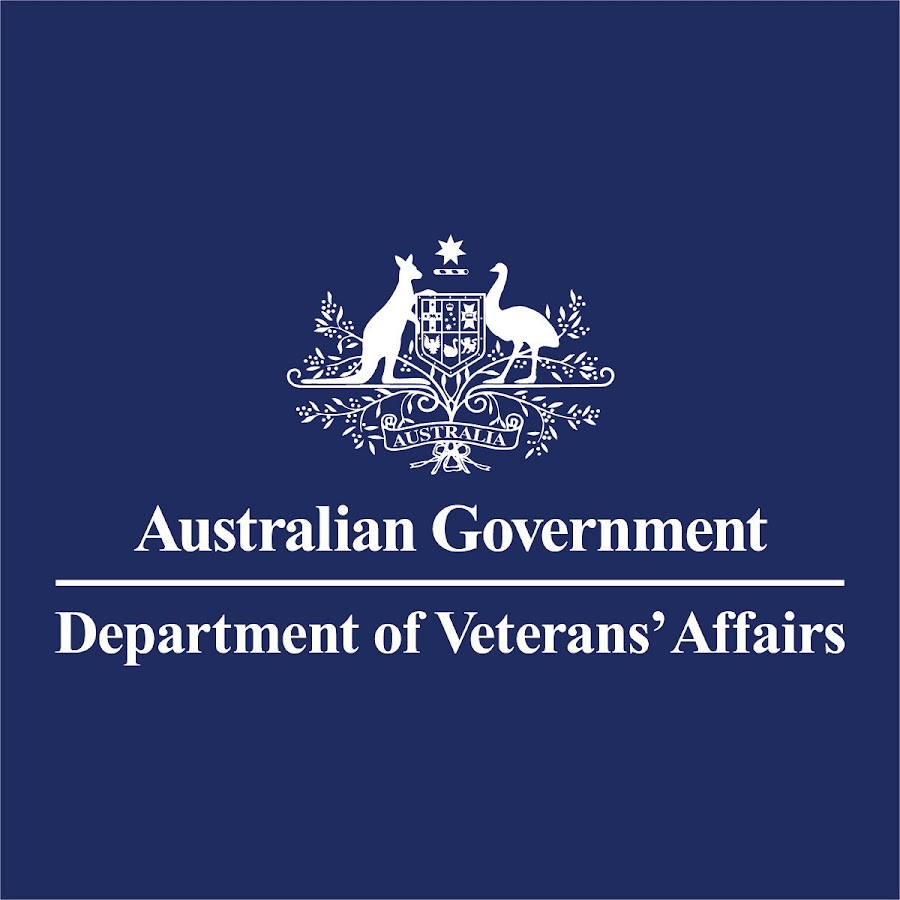
September signals Prostate Cancer Awareness Month
September is Prostate Cancer Awareness Month and is a timely reminder to have important conversations about men’s health.
If you are a male, aged 60 or over, there is a strong possibility you, or one of your mates, has or will be diagnosed with prostate cancer at some point in their life.
Prostate Cancer is the most commonly diagnosed cancer in Australia. It affects men in older age groups and is rare in men under 50 years. Research published by the Cancer Council shows by the age of 85 one in six males will have been diagnosed with prostate cancer.
However, it’s not all doom and gloom. 90% of people are diagnosed early and survival is good. Depending on the type and stage, some people don’t need treatment and will be closely monitored instead.
If you’ve been diagnosed by your doctor with prostate cancer and hold a Veteran White Card you might be eligible to receive fully funded cancer treatment under Non-Liability Health Care (NLHC).
Cancer treatment covered under NLHC may include allied health, GP care and specialist care, scans and blood tests, as well as treatment options such as chemotherapy, radiation therapy, surgery or hormone therapy.
Prostate cancer can cause symptoms such as blood in your urine, a weak or interrupted stream, needing to urinate often, pain while urinating, incontinence, pain in the back, or weak legs or feet. These symptoms may have other causes. Talk to your doctor if you have any of these symptoms.
There is no single or simple test for prostate cancer. If you don’t have symptoms, talk to your doctor the pros and cons of the tests available in your individual circumstances. Your doctor or health professional can help you to make an informed decision about being tested.
For more information about prostate cancer testing and treatment see The Prostate Cancer Foundation.
For more information about funded prostate cancer treatment, including eligibility call us on 1800 VETERAN (1800 838 372) or visit Free treatment for cancer and pulmonary tuberculosis | Department of Veterans’ Affairs



